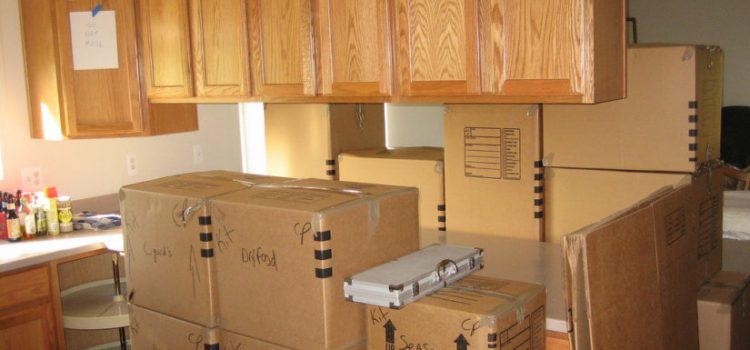When it comes to packing your belongings for a house move, there are lots of actions you can take to make it all go smoothly. Use the tips in our list and you’ll be well on your way to a happy house move!
- Firstly, remember: packing will take longer than you think! So start early, and avoid any last minute panics. Problems along the way will be much easier to deal with if you have that extra time in which to sort them out.
- Before you begin any packing, it’s a good idea to have a clear-out and get rid of anything you don’t want, need or use any more. Encourage all household members to do the same. If there’s time, you could sell some of the more valuable items, or donate them to charity. Not all charity shops take large items of furniture, to find someone who will in your area use a website like the Furniture Donation Network.
- Start collecting strong boxes as early as possible and stockpile a lot more than you think you will need. You don’t want to pack boxes so heavy that nobody can lift them without injuring themselves, so keep boxes lighter and use more of them. Also gather plenty of bubble wrap, old newspapers, tissue paper, strong tape, marker pens, white labels and clear plastic bags.
- Check that your Contents Insurance covers you for your house move in case of any breakages. Also, if using a removals company, read their insurance information carefully to see what is and isn’t covered; some companies, for example, won’t take liability for any boxes that they didn’t pack.
- If you need to store some belongings, ask friends and family if they have any space in their lofts. Otherwise, you could hire a storage unit for a weekly fee.
- When packing your boxes, seal each one well and mark clearly on it which room it is destined for. Don’t list the contents as you’ll just be making life easy for thieves – a box labelled ‘Xbox One, Kinect, controllers and games’ is definitely more enticing than a blank box! Instead, list all box contents on a separate piece of paper and number or colour code the boxes.
- Line boxes with bubble wrap and wrap each fragile item individually with lots of tissue paper or newspaper. Why not use some clothes to wrap breakables too? Socks, for example, are great for some extra protection for mugs or glasses!
- Try to pack clothes whilst still on their hangers, to make life easier when the time comes to unpack. Cover with a large plastic bag to protect any delicate pieces from dust, dirt or damage.
- Pack an essentials box for things you may need sooner rather than later upon your arrival. Include communal items such as mugs, tea/coffee, milk, snacks, soap, towels, a few bits of crockery and cutlery, washing up liquid and sponge, toilet rolls etc. It’s a good idea to use a different type of box or a strong bag for these items, so it is very easily identifiable.
- Pack a bag for each family member. Include personal items such as: clothes for the next few days, underwear, a pair of shoes, PJs, phone charger, homework, make-up bag, toothbrush etc. Anything that will be needed for the first day or so, depending on when you plan on unpacking.
- Keep important documents such as passports, driving licences, birth certificates and insurance documents together, ready to store somewhere safe in your new home.
- Ensure the boxes containing the items you need the least are loaded into the removals vanfirst; your aforementioned essentials box and overnight bags should be loaded last, for ease of access.
- Pack heavier items at the bottom of boxes, and lighter items on top. That sounds obvious, but it’s worth remembering!
- Bear in mind that some pieces of furniture will require dismantling. Screwdrivers at the ready! I’d recommend getting these items dismantled earlier rather than later to avoid any unexpected delays later on.
- When dismantling furniture or unplugging items, put all the screws, nuts, bolts, and cables/wires in a bag which you can then tape to the back of the item in question. You’ll be glad you did this when you’re unpacking it all!
- Do your last food shop a good while before your move date, so you don’t end up having to throw out a fridge and freezer full of food. Defrost and dry your freezer the day before your move date if you’re taking it with you, so it’s ready to go on the day.

